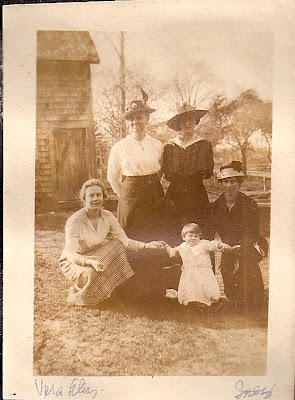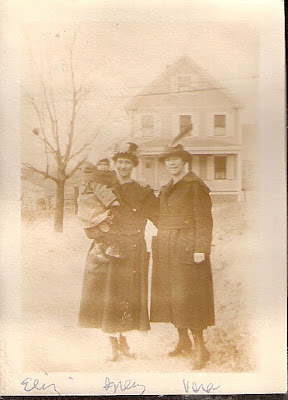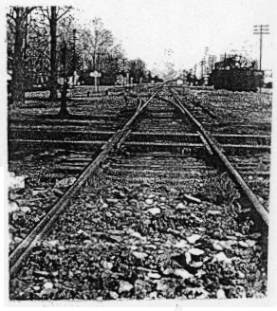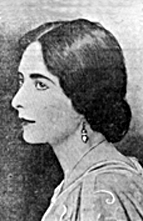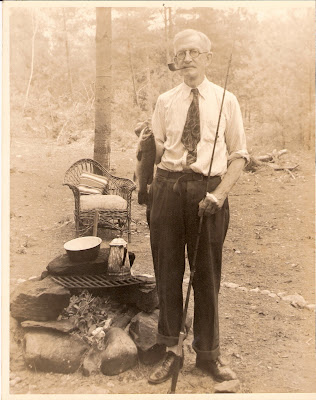[Hope you enjoy this very powerful poem by B.N.]
News of Your Death Comes Like RainIris 1960-1989
I don't know why it is a rainy day and we are just eight years old
At Catskill game farm, we clutching our lunches in wet brown
Paper bags-- the odor of disappointment and damp hay.
The reluctant animals peered out from the drizzle except
For a mangy North American wolf too sick to move away
From his big red plastic water bowl and the whole class
Trying to cram in under one awing and two picnic tables.
And if the rain could have washed us clean it would have that day.
That was the year Mrs. Leoni, the special Ed teacher died
Of a stroke on the floor of her classroom, and all those
Children drifted out of the room and down the halls they were found
Wandering, clutching red trucks, dolls and dustpans—
Emissaries of misfortune. And everyone horrified as they realized
that
The children had to step over the body to get out the door.
Before that we used to walk Howie with his
"Lost In Space" lunch box passed his own house as a joke
But Howie too stepped over the dead, and that spring his
Mother also died after the Bar Mitzvah nobody went to
He was sent away to an institution named for the trees,
Or some other bit of nature that carries an inkling toward
compassion.
I heard that after a few years powders, liquids and needles blossomed
In our blood stream. One by one we have each been greeted and
Bid farewell, red paper Chinese lanterns set for a celebration
Extravagant hearts strung up in a criminal dark.
In the prison hospital grace is small and metal gated.
They allow you to drink from a straw. But you are
Handcuffed and strapped down and every time they change
The I.V. they call for extra guards. One drop of your
Blood could infect one hundred hearts.
On the phone your sister told me that you died
Tuesday morning on a cot welded to a chain link cage
Unaware of forgotten animals and morning rain.
B.N.
© to the author 1989-2010

